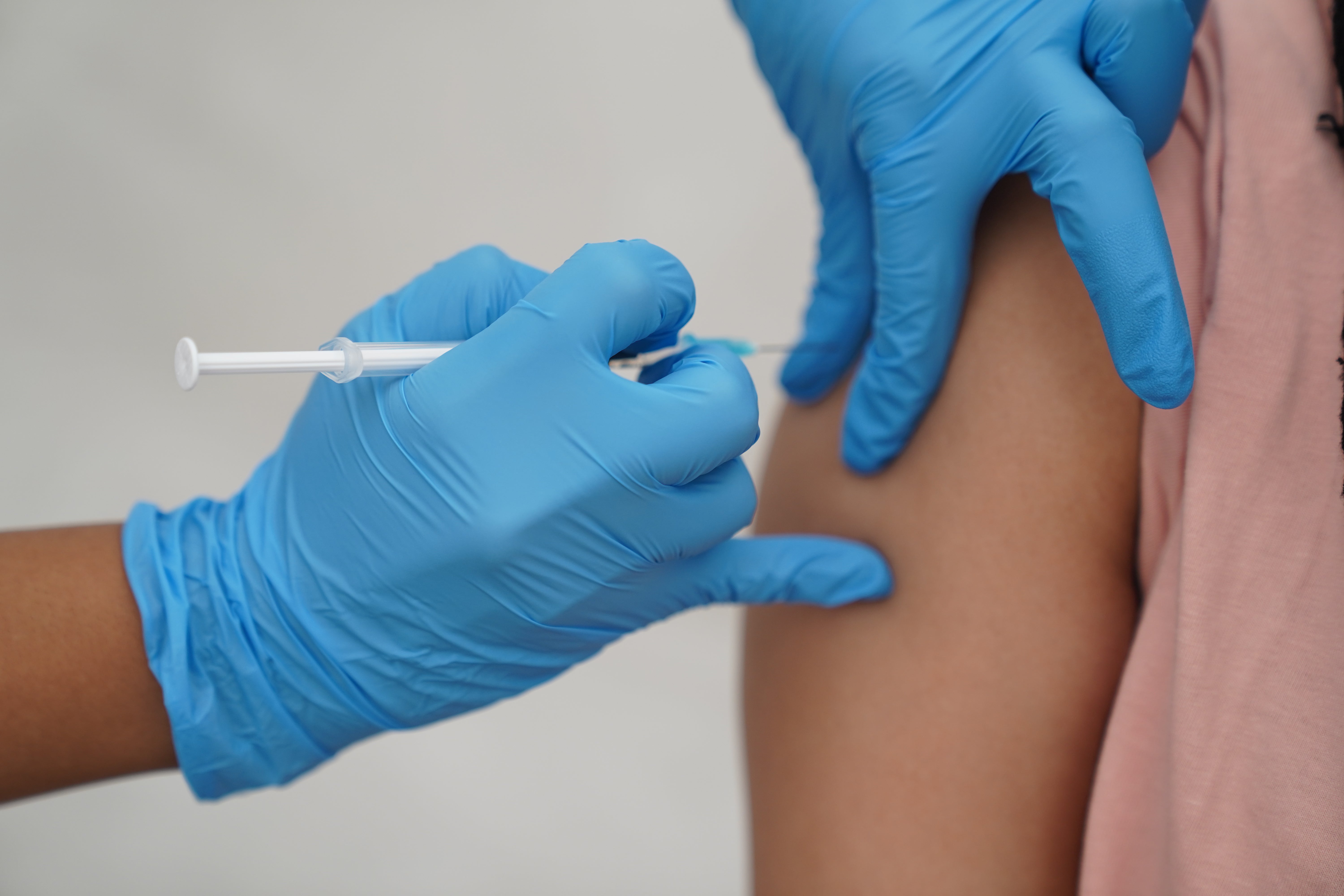Research into vaccines against world’s deadliest diseases granted £10m fund
The Government’s UK Vaccine Network (UKVN) is providing grants for 22 projects which aim to tackle diseases in low and middle income countries.

Your support helps us to tell the story
From reproductive rights to climate change to Big Tech, The Independent is on the ground when the story is developing. Whether it's investigating the financials of Elon Musk's pro-Trump PAC or producing our latest documentary, 'The A Word', which shines a light on the American women fighting for reproductive rights, we know how important it is to parse out the facts from the messaging.
At such a critical moment in US history, we need reporters on the ground. Your donation allows us to keep sending journalists to speak to both sides of the story.
The Independent is trusted by Americans across the entire political spectrum. And unlike many other quality news outlets, we choose not to lock Americans out of our reporting and analysis with paywalls. We believe quality journalism should be available to everyone, paid for by those who can afford it.
Your support makes all the difference.Research into vaccines against some of the world’s deadliest diseases has been supported by a new £10 million fund from the Government.
The Government’s UK Vaccine Network is providing grants for 22 projects which aim at tackling illnesses including Lassa Fever and Ebola in low and middle income countries.
Some initiatives, led by universities, the UK Health Security Agency (UKHSA), and other research groups, are also working to tackle new potential pathogens to prepare countries for future pandemics.
Health Secretary Sajid Javid has thanked the scientists behind the projects.
He said: “Covid-19 has shown us first-hand just how important it is that we work together to keep everyone across the world safe.
“I am delighted that these innovative projects – tackling serious and deadly diseases – will receive the funding they need to take their research to the next stage.
“Thank you to the expert scientists behind these vital projects for their efforts that will continue to save millions of lives.”
The funding has been given to projects including the University of Nottingham’s pursuit of a vaccine to prevent infection by viruses such as Dengue or Zika, using just over £462,000.
Some £498,000 has been granted to DIOSynVax to develop its vaccine against Lassa Fever, Ebola and Marburg viruses, and £450,000 has been given to the UKHSA for a vaccine against Chikungunya virus.
The projects will be able to use the new funding from April 1, the Department for Health and Social Care (DHSC) has said.